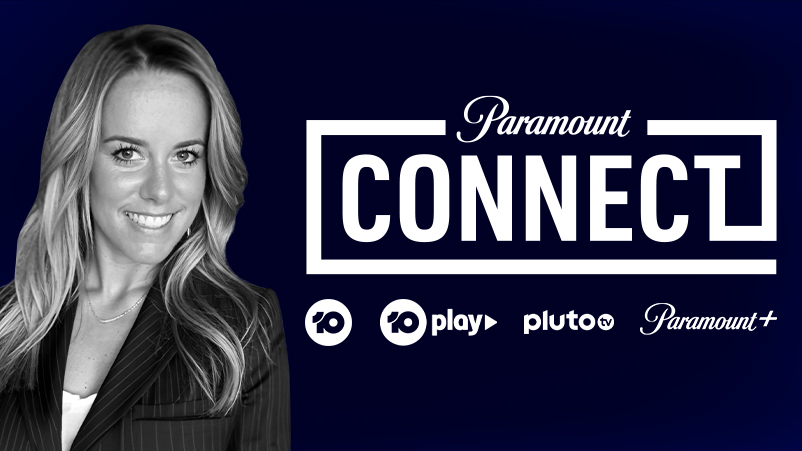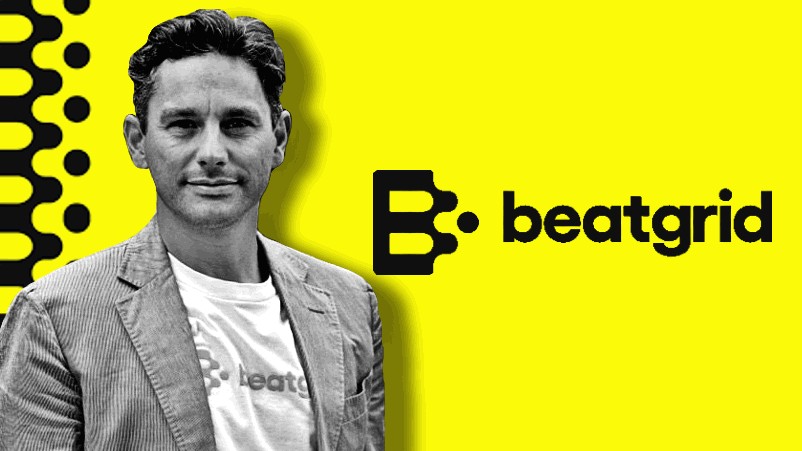The Marketing Academy 2022 intake: Boody's Ruth Haffenden on the best advice she's ever been given, marketing's greatest capability gap - and how to nail TMA's entry requirements
Six months into The Marketing Academy's 2022 Scholarship programme, Mi3 asked the class of '22 for their take on the key lessons to date, best professional advice they've ever been given, the greatest capability gaps within their teams, and how they're keeping hold of people amid an ongoing talent crisis. Plus, with the 2023 call for candidates now live, how to nail the highly selective entry process. Ruth Haffenden, former Managing Partner at The Works turned global brand boss at ethical underwear firm Boody, kicks off the series.
1. TMA so far: What’s the single most valuable insight gleaned?
Everybody has a story to tell. As an industry we’re so used to putting each other on pedestals, Women in Power lists, Cannes Lions, 30 under 30s, which can fuel imposter syndrome in even the most confident characters. Getting to know 29 incredibly talented peers in such human depth really shone a light on just how much everyone is carrying with them, the personal challenges, the barriers, the ups and downs and highs and lows of success and failure. This may seem insignificant, but it has fundamentally changed not only the value I place on leading with vulnerability and empathy, but the value I place on developing personal connections with everyone from the intern to the boardroom.
2. How to nail the TMAs entry requirements?
First, know why you want to be in TMA. That may sound obvious but I applied previously because maybe I thought I should. But I didn’t really understand what it was I wanted from it or really understand what it was that it could give to me.
Second, talk to TMA alumni, they’re all generous with their time. The the year I got in, I spoke to every alumni I could find. I found people in my network, hit up others on LinkedIn – and they all without exception gave up their time to talk to me. I asked them all the same question: why should I apply?
Third, be vulnerable. On the year I didn’t get in, the feedback was that I seemed too polished (LOL if they only knew!). Being open to my weaknesses and raw with my ambitions and what stood in my way was a game changer. TMA thrives on real people who are open to having real, life-changing experiences for not only their betterment but for the greater good of the future of the industry. They can only see that potential if you’re open to showing them what you’re really about.
3. Best piece of advice you’ve ever been given and why?
'Shut up and listen'. Okay, I’ve paraphrased. If you haven't heard Oscar Trimboli talk about ‘deep listening’ (or read his book How to Listen), make the time to go and find it, and actively practice it. We are all so busy thinking that communication is about what you say, but it’s actually about what you hear and how you respond. That insight has probably had one of the biggest impacts on my life, both at work and at home.
4. The greatest professional lesson you have relearned/assumption to explode?
Feedback is a gift. I’ve always viewed constructive feedback as a necessary evil, part of the process, the ‘formal quarterly review’, you dish it out to others and bravely swallow anything that comes your way despite it often being anonymous and vague.
We don’t spend enough time giving (or asking for) feedback at a micro level: pulling someone aside to say, ‘I saw what you did there, the way you advocated for your colleague’; ‘that exceptionally clever copy line you wrote’; or ‘the way you make the office belly laugh’ – I saw it, it meant this to me/the business, and I appreciate you. All things that get missed and forgotten by quarterly review time and have so much more meaning and impact on behaviour change when delivered in real time. With these small acts and regularly asking for feedback in a similar way ('can I ask for some feedback on how that meeting went?') it is incredible to see how quickly you can develop a culture of continuous feedback, making progress faster and the laborious quarterly review process near obsolete.
5. Greatest capability gap (individually and within your teams)?
I’d say across the board both agency and client-side, without doubt, tech stack competence remains the biggest capability gap I see on a daily basis. Despite coming client-side from a digital transformation giant, I still remain astounded by the amount of technology decisions marketers have to make every day at all levels of the business, and how many new technologies hit the market – seemingly daily – to replace, optimise or plug into what you have. In my view it is absolutely one of the most critical capabilities we need to foster in our teams, agencies and boardrooms if we are to deliver meaningful growth in an ever-competitive consumer landscape... and it is easy to see why.
6. Talent crisis: What’s the impact on your teams, how to navigate and what 's keeping people from moving on?
As a purpose-led business we’ve actually gained from the talent crisis, people seem to have re-evaluated what it means to work and what they want their work to mean – and that has led many to seek out businesses where purpose isn’t an afterthought. Myself included. I joined Boody as Global Head of Brand and Marketing this year after more than 12 years agency-side and I’m not the first, the team is brimming with ex-agency and ex-ASX talent. As long as we don’t lose sight of that purpose as we grow and keep the creative ambition that’s got us out of bed these last decades it would be a tough place to leave. I don’t envy the agency bosses this year, keeping up culture, purpose, profit and productivity as the public purse gets tighter, not a gig everyone will survive.


